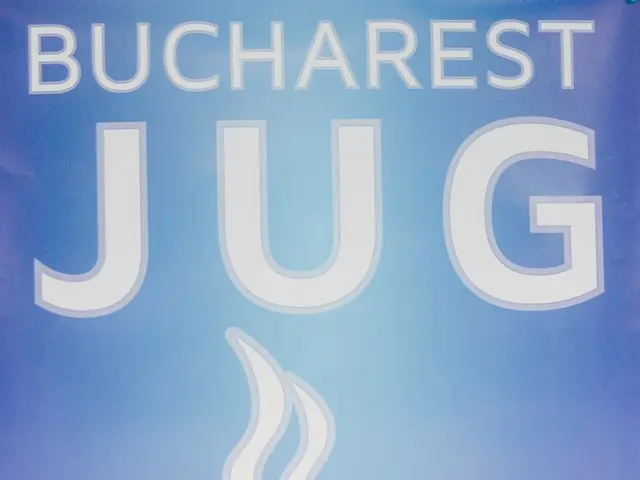AGA Backs Bipartisan FAIR BET Act to Restore Gambling Loss Deductions
Measures supported by AGA aim to reinstate full tax deduction for gambling losses
The American Gaming Association (AGA) has thrown its support behind the Fair Accounting for Income Realized from Betting Earnings Taxation (FAIR BET) Act, a bipartisan bill introduced in the U.S. Congress. This bill aims to reverse a recent change made by the One Big Beautiful Bill Act (OBBBA) of 2025, which reduced the tax deductibility of gambling losses from 100% to 90%.
The OBBBA significantly altered gambling tax law by limiting gamblers to deduct only 90% of their losses against their winnings. This means a gambler who wins and loses the same amount in a year would still owe taxes on 10% of their "phantom winnings"—income that may not have been actually realized from a net gain.
The FAIR BET Act, introduced by U.S. Rep Dina Titus (D-Nevada) among others, aims to restore the full (100%) deductibility of gambling losses, addressing concerns that the current 90% cap unfairly taxes gamblers on income they never kept and could harm professional and recreational gamblers alike.
The gaming industry, represented by the AGA, employs nearly 600,000 people at casinos and corporate offices, more than 23,000 jobs at U.S.-based gaming-equipment manufacturers, and 89,000 jobs at businesses that serve patrons visiting casinos. The AGA has expressed concern that under the current policy, most taxpayers do not itemize and many gaming customers are taxed on their gross gaming wins with no ability to net their losses.
The FAIR BET Act is not just about restoring the full deductibility for gambling losses; it also addresses casino taxable revenue calculations stemming from the 2017 Tax Cuts and Jobs Act. The Act aims to reinstate prior methods considered more equitable for the gaming industry, especially in Nevada.
In a letter sent to the Committee on Ways and Means in May, the AGA expressed its commitment to working with Congresswoman Titus, other congressional leaders, and the Trump Administration to restore the long-standing tax treatment of gaming losses. The AGA has also shared its tax priorities for the legal and regulated gaming industry, including an increase in the slot tax-reporting threshold, repeal of the sports betting excise tax, maintaining the corporate tax rate, a bonus depreciation extension, repeal of the requirement to capitalize and amortize research and experimental expenditures, allowing Sovereign Tribal Nations to utilize Private Activity Bonds, rescind the tax on tips, and maintaining deductions for business state and local taxes.
The FAIR BET Act is estimated to generate about $1.1 billion, and there are concerns that the provision may push gamblers towards illegal betting markets. However, the AGA maintains that the deduction for gambling losses is a tool for properly measuring income and not a subsidy for gaming customers.
The provision goes into effect in 2026, unless reversed by Congress. The AGA has called for swift action to ensure that the gaming industry continues to thrive and contribute significantly to the U.S. economy, providing for $329 billion in total economic output, $53 billion in federal, state, and local taxes, including $13.5 billion in gaming-specific taxes, and 1.8 million jobs generating $104 billion in labor income.
[1] AGA Press Release on FAIR BET Act [2] AGA Statement on Casino Taxable Revenue Calculations [3] Congresswoman Titus Introduces FAIR BET Act [4] Tax Policy Center Analysis of OBBBA [5] Forbes Article on Phantom Income
Read also:
- Railway line in Bavaria threatened by unstable slope - extensive construction site at risk
- Wind Farm Controversy on the Boundary of Laois and Kilkenny
- Delaware's contentious offshore wind project faces uncertainty as the Trump administration reverses course on clean energy initiatives.
- Karma Automotive Presents New Models at Quail: Ivara, Kaveya, and SDVA Event Debut








